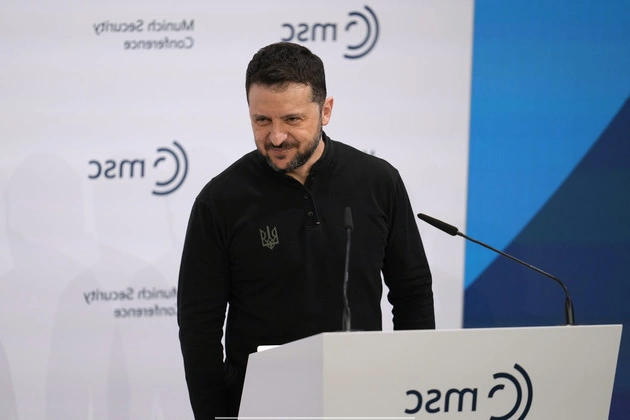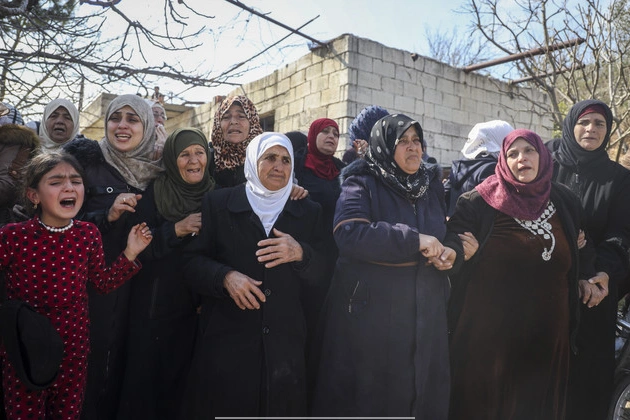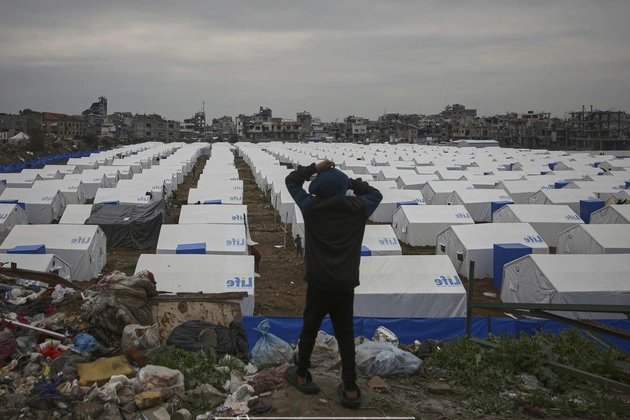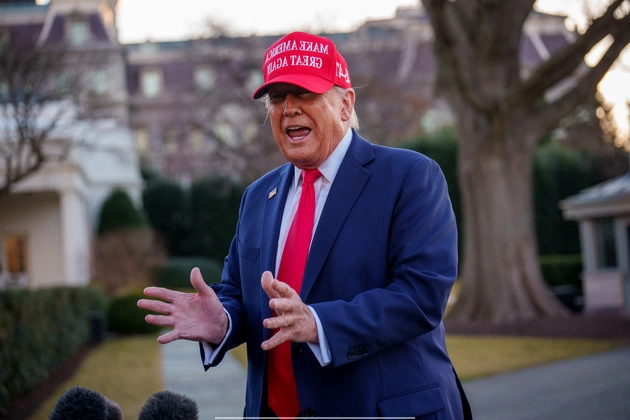
Russian President Vladimir Putin is reportedly considering targeting NATO countries for future invasions, despite ongoing discussions with the Trump administration to resolve the Russia-Ukraine conflict. Ukraine’s President, Volodymyr Zelenskyy, has expressed concerns about the potential peace deal and emphasized the critical role of Kyiv in the negotiation process.
Putin’s Alleged Plans and Ukraine’s Response
Zelenskyy highlighted that Ukraine’s survival depends on the support of the United States, especially in the face of possible Russian aggression. Recent intelligence suggests that Russia is conducting military exercises involving a significant number of troops, raising fears of potential attacks on NATO members such as Lithuania and Poland.
While Zelenskyy’s statements were cautious and did not directly accuse Putin of planning attacks, he underscored Putin’s ambitions, animosity towards NATO, and his perception of the Trump administration’s stance on the alliance. Zelenskyy warned of the looming threat of war against NATO countries, emphasizing the unpredictable nature of Putin’s intentions.
Challenges in Peace Negotiations
Despite Trump’s announcement of talks with Russia to end the Ukrainian conflict, uncertainties persist regarding Kyiv’s involvement in the peace process. Zelenskyy reiterated Ukraine’s insistence on actively participating in shaping any potential agreement, highlighting the need for Ukrainian representation to ensure a fair and acceptable resolution.
In a direct exchange with Trump, Zelenskyy expressed skepticism about Putin’s sincerity and commitment to peace, emphasizing the Russian leader’s untrustworthiness.
Conclusion
The evolving dynamics between Russia, Ukraine, and NATO underscore the complexities of international relations and the delicate balance of power in the region. As tensions escalate and diplomatic efforts continue, the importance of transparency, collaboration, and strategic decision-making remains paramount to prevent further escalation and foster lasting peace.















